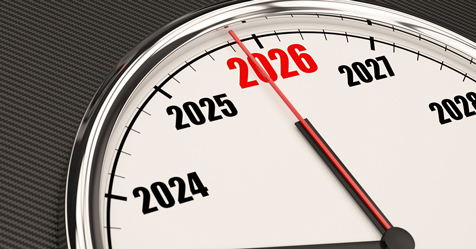EU Clamps Down on False ‘Green’ Claims
“Greenwashing” will be met with “effective, proportionate, and dissuasive” penalties.
Very soon in the European Union (EU), if a company says its product is environmentally friendly, it might need to back up that claim.
According to a document reported on by The Guardian, the European Commission (EC) has drafted plans, due to be proposed this month, to ban companies from falsely promoting their products via unsubstantiated sustainability terminology—a tactic known as “greenwashing.”
Companies would have 10 days to prove any green claims or else suffer “effective, proportionate, and dissuasive” penalties, according to the draft. However, the draft wasn’t specific regarding what those penalties would be, nor if they would be the same across all 27 countries within the EU.
Currently, according to the EC’s website, more than 200 environmental labels are actively being used by companies in the EU. “Some of these methods and initiatives are reliable, some not; they are variable in the issues they cover,” the EC states. “It is important that claims on the environmental performance of companies and products are reliable, comparable, and verifiable across the EU. Reliable environmental information would allow market actors—consumers, companies, investors—to take greener decisions.”
European Consumer Organisation (BEUC) director Monique Goyens told The Guardian that she believes phrases such as “climate positive” and “carbon neutral” should be “banned from the market altogether.”
“Carbon neutral is never true,” BEUC’s sustainability team leader Dimitri Vergne told the Energy Monitor. “We feel even if you use a reliable and trustworthy mechanism [to prove carbon neutrality], which is often not the case, you can never guarantee to someone the product you are buying will be carbon neutral.”
Furthermore, Goyens said, “A future EU green claims law will only be as good as its enforcement. Authorities should regularly control green claims, publicly disclose their findings, and be able to fine companies who mislead consumers.”


